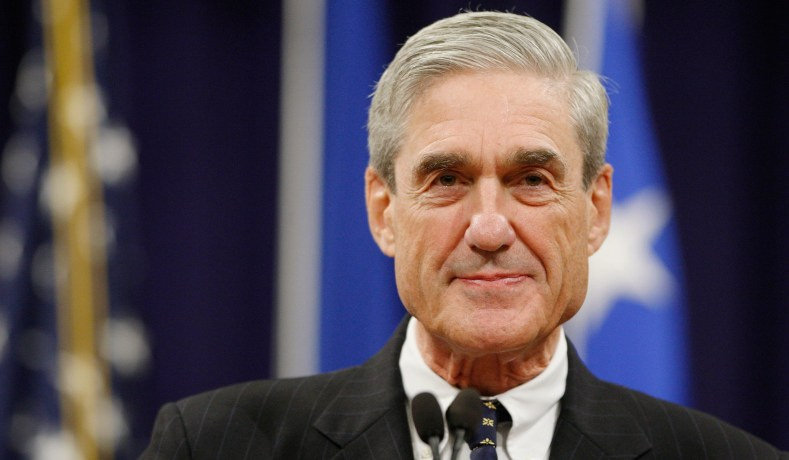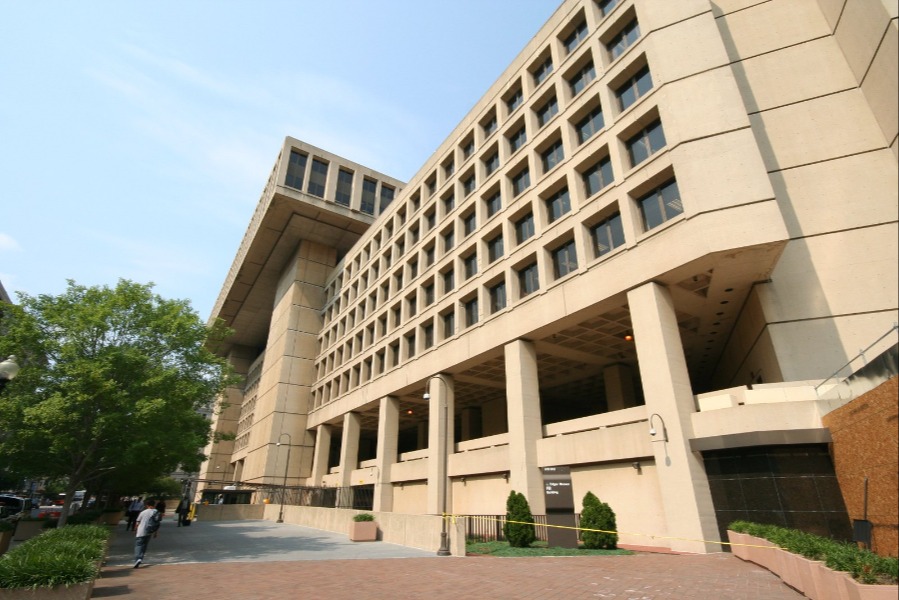Very Quick Thoughts on the End of the Mueller Investigation
Before today, we asked what Mueller was going to do. Today, we ask a subtly different question: What is it that he has written?

Published by The Lawfare Institute
in Cooperation With

Attorney General William Barr now has the Mueller report, and the world looks a heck of a lot like it did yesterday, when Barr did not have the Mueller report. At least, it appears to. The major difference is that the mystery before us has slightly changed form. Before today, we asked what Mueller was going to do, what indictments he was going to bring and what allegations he was going to make. Today, we ask a subtly different question: What is it that he has written? What allegations has he made? And why has he decided not to make those allegations in the form of additional cases?
We don’t, at this stage, know anything about what information the Mueller report contains. We don’t know what form the document takes. We don’t even know how many pages comprise it. We don’t know when we will learn what Mueller has found. Speculating about these questions is not useful. A huge amount depends here on how Mueller imagines his role—and on how Barr imagines his.
But there are certain things we do know: We know, for example, that Mueller was able to finish his investigation on his own terms. We know this because Barr said so in his letter to Congress Friday evening. The special counsel regulations, writes Barr, “require that I provide [Congress] with ‘a description and explanation of incidents (if any) in which the Attorney General’” countermanded an investigative step of the special counsel. “There were no such instances during the Special Counsel’s investigation.” This is reassuring. From it, we can at least tentatively conclude that the Mueller report—whatever is in it—reflects Mueller’s best assessment of the evidence, following his having taken every investigative step he felt necessary and appropriate to reach that assessment.
We also know that Mueller is not going to indict more people. Though what precisely this means is unclear, it means at a minimum that we should not expect the major collusion indictment that ties together the earlier Russian hacking allegations and social media indictment with conduct by figures in the Trump campaign. It also means that whatever Mueller found on the obstruction prong of the investigation, it’s not resulting in criminal charges either.
The president should wait before popping the champagne corks over this and tweeting in triumph. Yes, in the best-case scenario for the president, Mueller is not proceeding further because he lacks the evidence to do so. But even this possibility contains multitudes: everything from what the president calls “NO COLLUSION!” to evidence that falls just short of adequate to prove criminal conduct to a reasonable jury beyond a reasonable doubt—evidence that could still prove devastating if the conduct at issue becomes public.
There are other possibilities as well. It’s possible, for example, that Mueller is not proceeding against certain defendants other than the president because he has referred them to other prosecutorial offices; some of these referrals are already public, and it’s reasonable to expect there may be other referrals too. In this iteration, what is ending here is not the investigation, merely the portion of the investigation Mueller chose to retain for himself. It’s possible also that Mueller is finished because he has determined that while the evidence would support a prosecution of the president, he is bound by the Justice Department’s long-standing position that the president is not amenable to criminal process. On the obstruction front, he may well have concluded that, while the president acted to obstruct the investigation, he cannot prove beyond a reasonable doubt that the president’s obstructive acts were not exercises of Trump’s Article II powers. It’s also possible that Mueller has strong prudential reasons for not proceeding with otherwise viable cases.
My gut instinct is that it is some combination of these factors that explains the end of the probe. Without knowing the reasons the investigation is finished, it is impossible to know how to assess its end—and nobody should try.
Finally, we also know one other big thing: There is a report—some kind of, as Barr describes it, quoting the relevant regulation, “‘confidential report explaining the prosecution or declination decisions’ he has reached.” About this document we admittedly know little. Barr said in his letter that he is reviewing the document and “may be in a position to advise [Congress] of the Special Counsel’s principal conclusions as soon as this weekend.” How capacious this initial accounting will be is known only to Barr himself. But Barr has also promised to make as much of Mueller’s findings public as he can consistent with the law—a promise he reiterated in his letter Friday evening. So it’s reasonable to expect, though not to be complacent in the expectation, that over time the underlying factual findings and legal analysis will emerge.
All of which, as I say, shifts the conversation from what Mueller will do to what he has written in explaining what he has done—and what he has not done. Vindication for the president will take place only when we learn that the facts contained in the report exculpate him. The end of the Mueller probe could well prove tomorrow to be merely the creation of a factual record for the next act of this drama.




